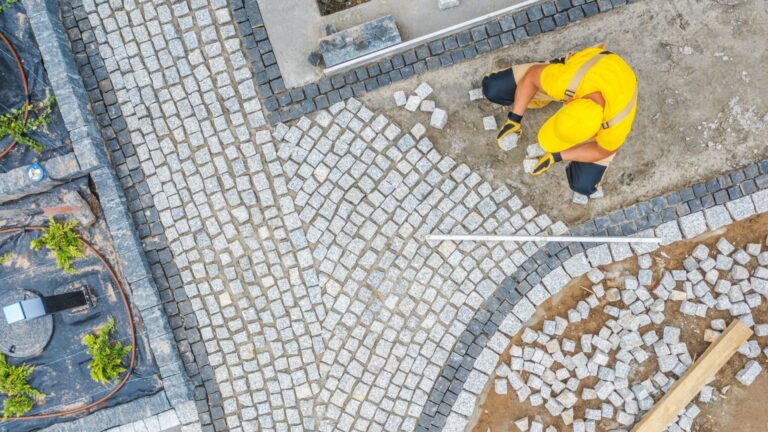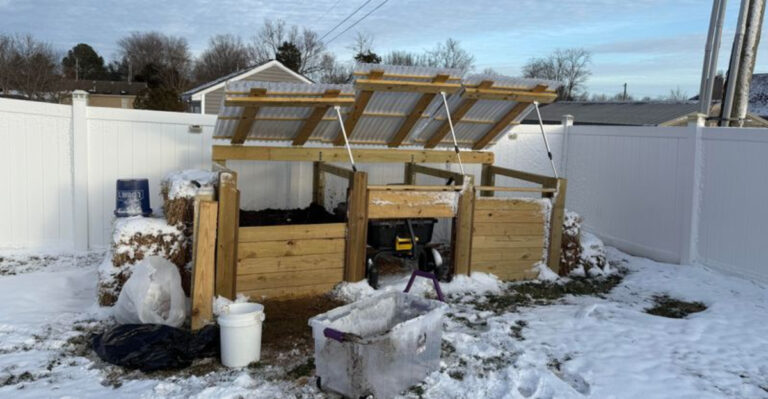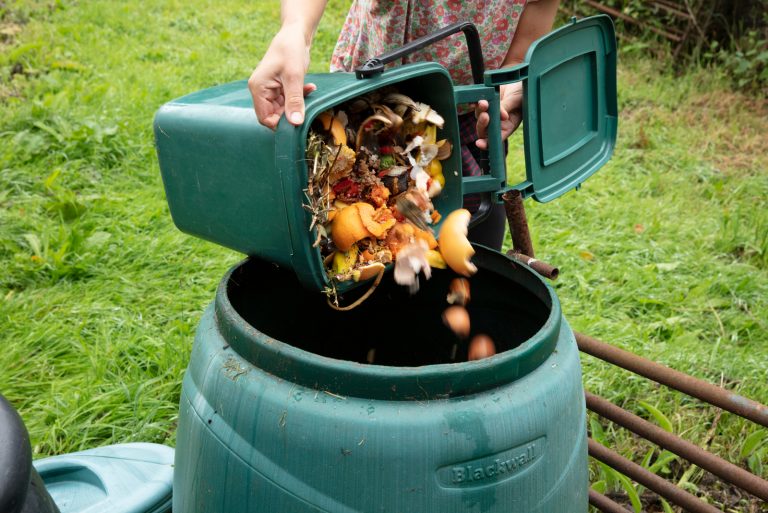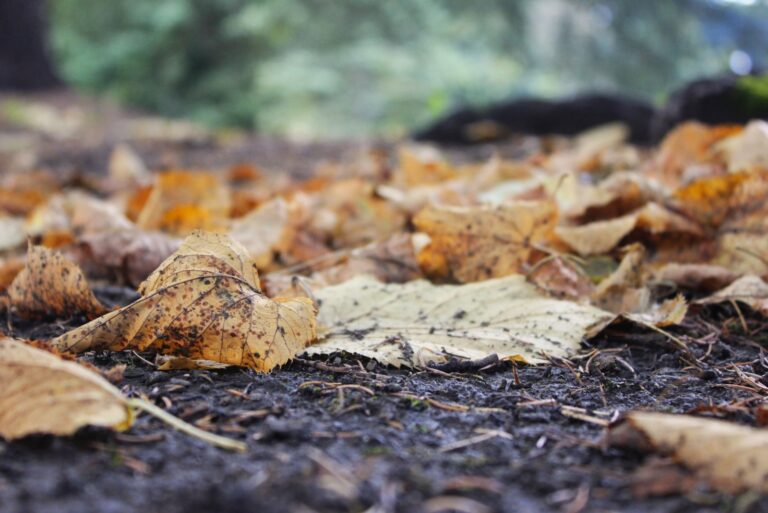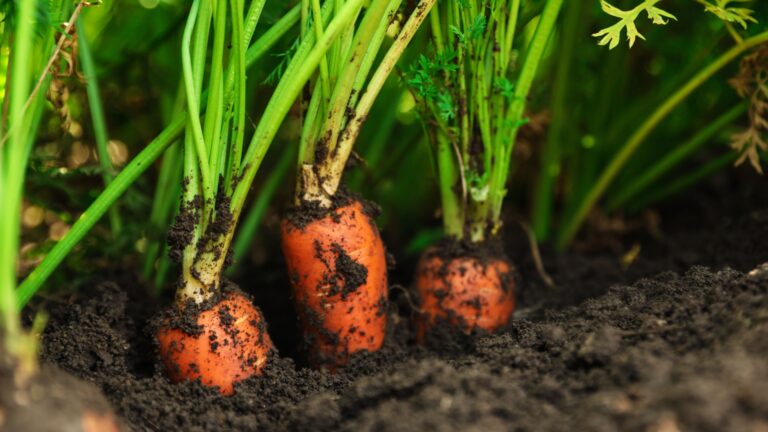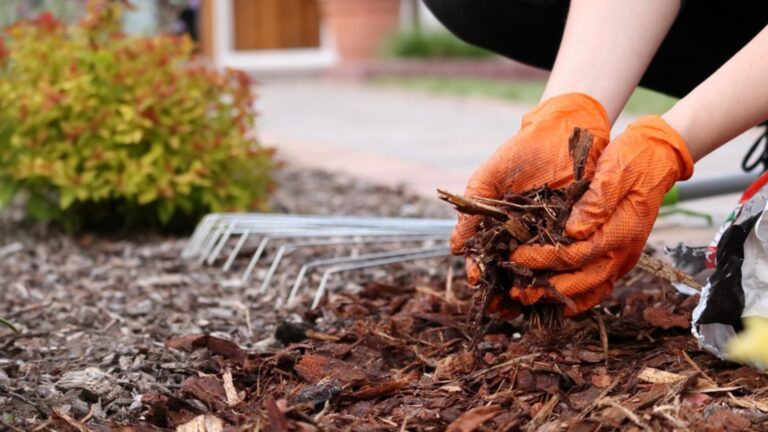The Coffee-Ground Hack Michigan Gardeners Use For Healthier Flowers
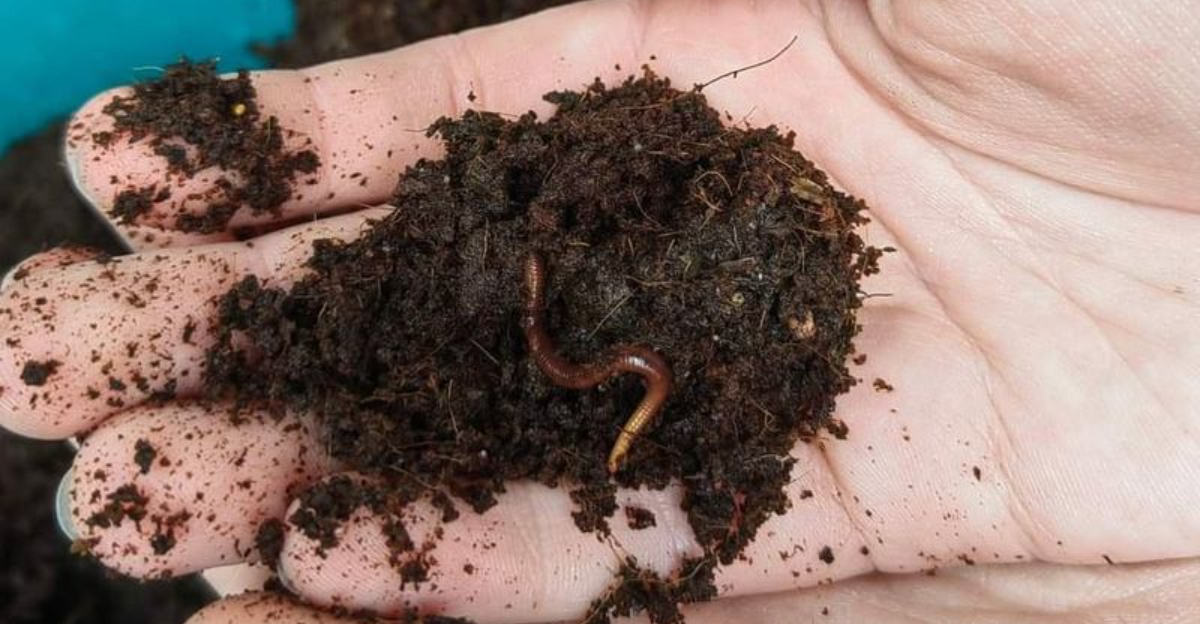
Michigan gardeners have discovered a simple secret hiding in their morning routine: coffee grounds. Instead of tossing used grounds in the trash, smart flower lovers are turning this kitchen waste into garden gold.
Coffee grounds pack nutrients that help flowers bloom brighter and grow stronger, all while keeping your wallet happy and the environment healthier.
1. Mix Coffee Grounds Into Your Soil Before Planting
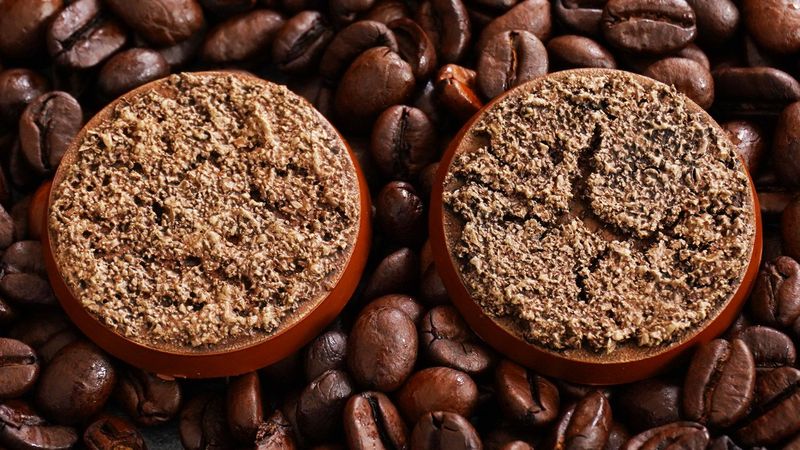
Working coffee grounds directly into your garden soil gives flowers a nutrient boost right from the start. Spread a thin layer of grounds across your planting area, then use a small shovel or garden fork to blend them about six inches deep.
The grounds break down slowly, releasing nitrogen that helps plants develop strong stems and vibrant green leaves. Michigan’s clay-heavy soil especially benefits from this addition since coffee grounds improve drainage.
Just remember to mix them well so they don’t clump together and block water flow.
2. Sprinkle Grounds Around Acid-Loving Flowers
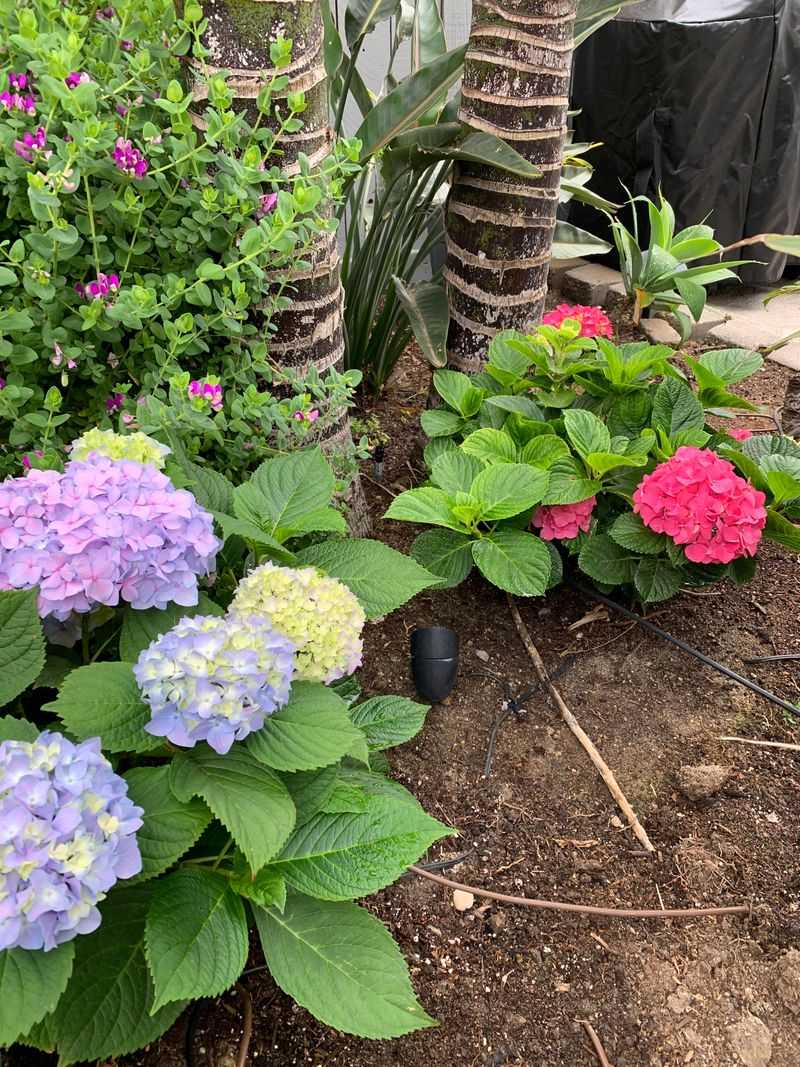
Azaleas, hydrangeas, and rhododendrons absolutely love acidic soil, making coffee grounds their perfect match. Scatter a handful of dried grounds in a circle around the base of these plants every few weeks during growing season.
The grounds gradually lower soil pH while adding organic matter that keeps roots happy and healthy. You’ll notice deeper flower colors and more abundant blooms when these acid-loving beauties get their coffee fix.
Keep the grounds about two inches away from stems to prevent moisture problems.
3. Create A Nutrient-Rich Compost Blend
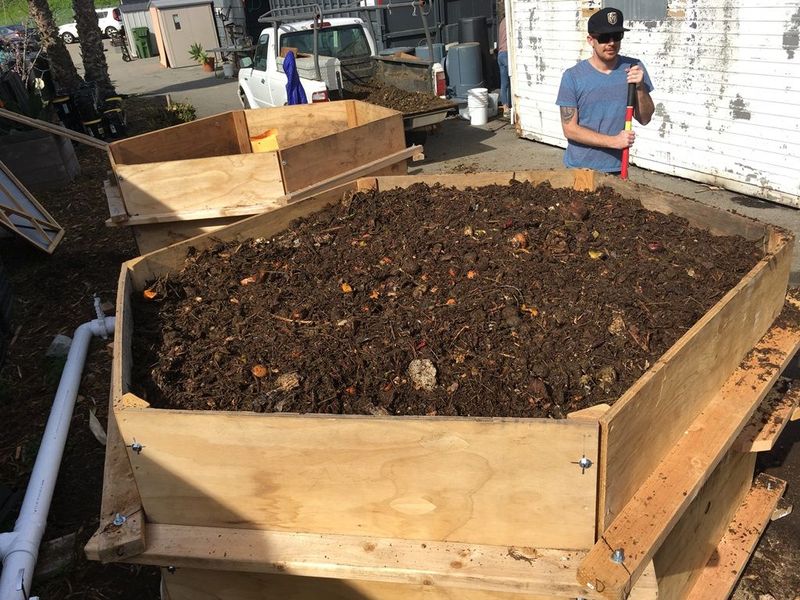
Coffee grounds count as green material in compost bins, bringing valuable nitrogen to your decomposition party. Layer them with brown materials like dried leaves or shredded newspaper to create balanced compost that flowers crave.
Aim for about 25% coffee grounds in your mix to avoid making the pile too dense or smelly. The finished compost feeds your flower beds with slow-release nutrients throughout the growing season.
Michigan gardeners find this method especially useful for building healthy soil that withstands harsh winter conditions.
4. Brew Liquid Fertilizer For Quick Feeding
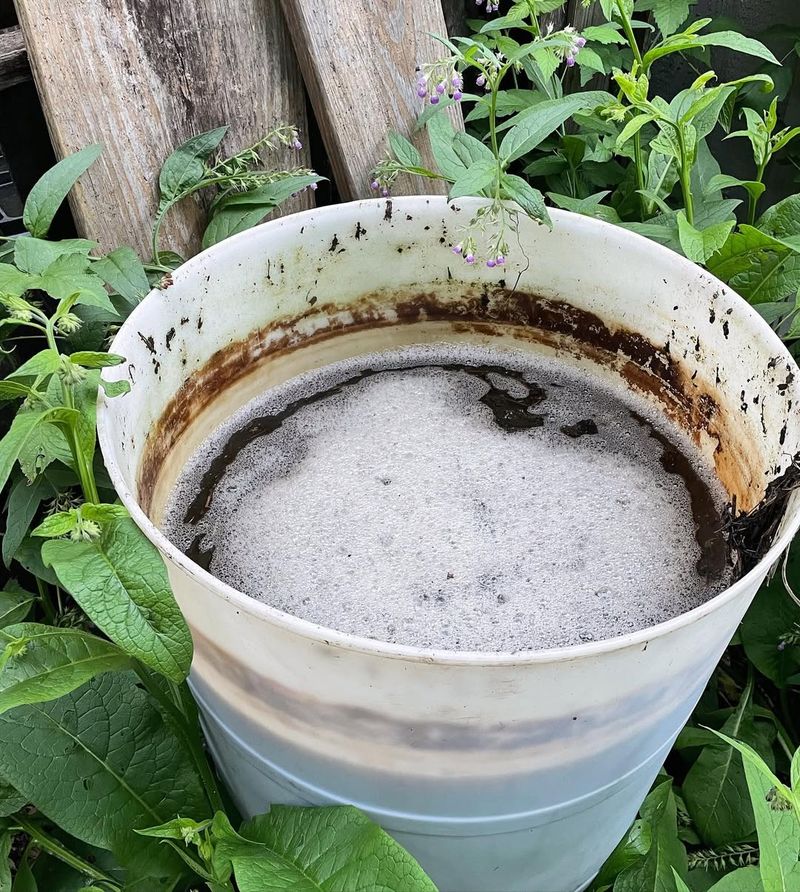
Making coffee ground tea gives your flowers an instant nutrient drink they can absorb quickly through their roots. Soak two cups of used grounds in a five-gallon bucket of water overnight, then strain out the solids.
Pour this weak coffee-colored liquid around your flower bases once every two weeks during peak blooming months. The diluted solution delivers nitrogen without overwhelming delicate root systems or burning tender plants.
Store leftover tea for up to one week in a covered container.
5. Deter Garden Pests Naturally

Slugs, snails, and even some cats dislike crossing barriers made from coffee grounds. Create a protective ring of dry grounds around prize flowers or entire garden beds to discourage these unwanted visitors.
The rough texture irritates soft-bodied pests while the smell confuses their navigation systems. Reapply grounds after heavy rain since they lose effectiveness when soaked through.
Many Michigan gardeners swear this method saves their hostas and petunias from becoming pest buffets without using harsh chemicals that harm beneficial insects.
6. Attract Helpful Earthworms To Your Beds
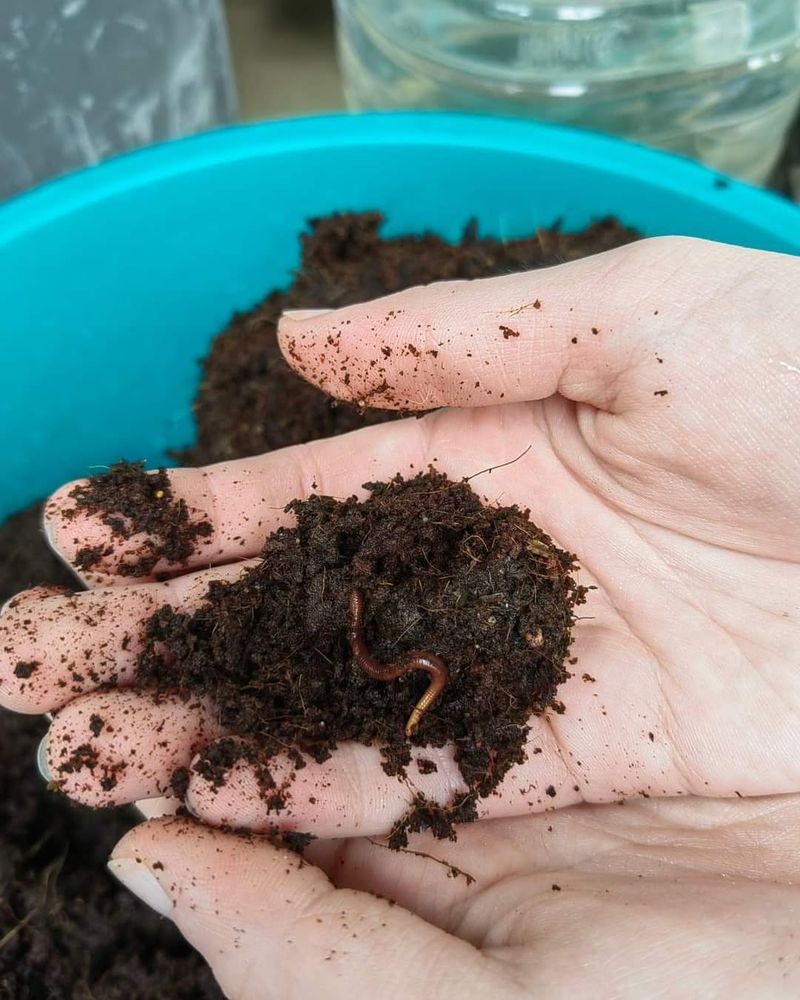
Earthworms find coffee grounds absolutely irresistible, and their presence transforms ordinary dirt into premium flower-growing soil. Sprinkle grounds across your garden beds and watch as worms arrive to feast and multiply.
As worms digest the grounds and tunnel through soil, they create air pockets that help roots breathe and water penetrate deeper. Their castings add even more nutrients than the grounds alone.
Michigan’s shorter growing season makes every soil improvement count, so attracting these natural tillers gives your flowers a real advantage.

